GRAMMAR WITS
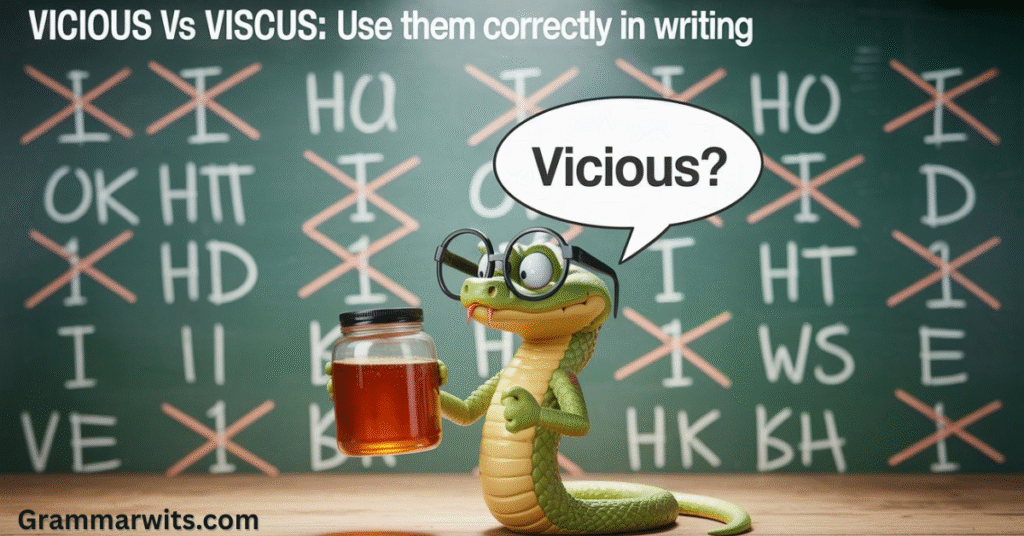
GRAMMAR
Vicious vs Viscous: Use Them Correctly in Writing
“Vicious vs viscous” refers to the clear but often misunderstood distinction between two similar-sounding adjectives in English. Vicious means deliberately...
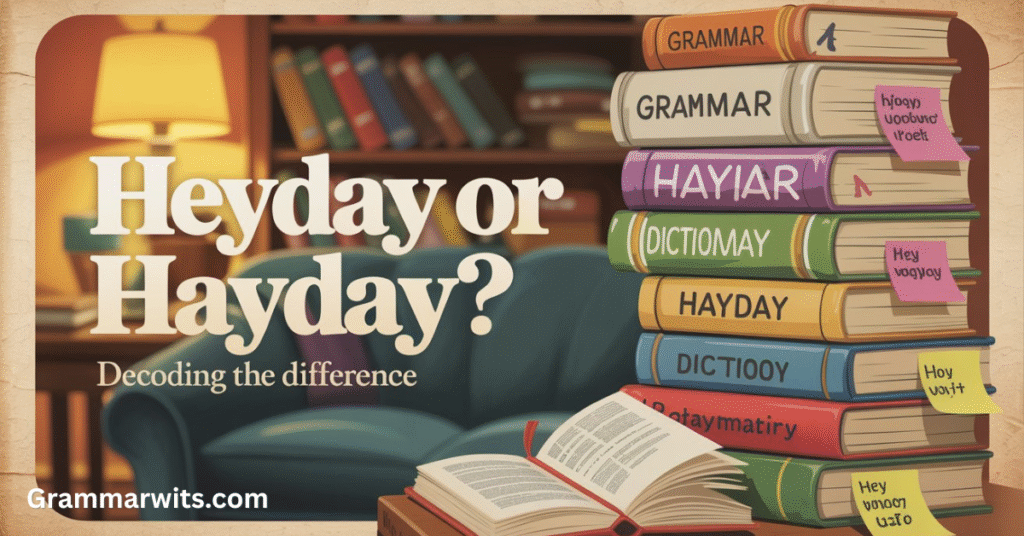
GRAMMAR
Heyday or Hayday: What’s the Right Word to Use?
In everyday English, the phrase “heyday or hayday” often surfaces when describing a peak period of success, strength, or popularity....

GRAMMAR
Coach vs Couch: Definitions, Differences, and Examples
“Coach vs Couch” explores two deceptively similar-looking words that have completely different meanings. A coach typically refers to a person...

GRAMMAR
Litre and Liter: Spelling Differences and When to Use Each
Litre and liter both refer to a unit of volume in the metric system, equal to 1,000 milliliters or about...
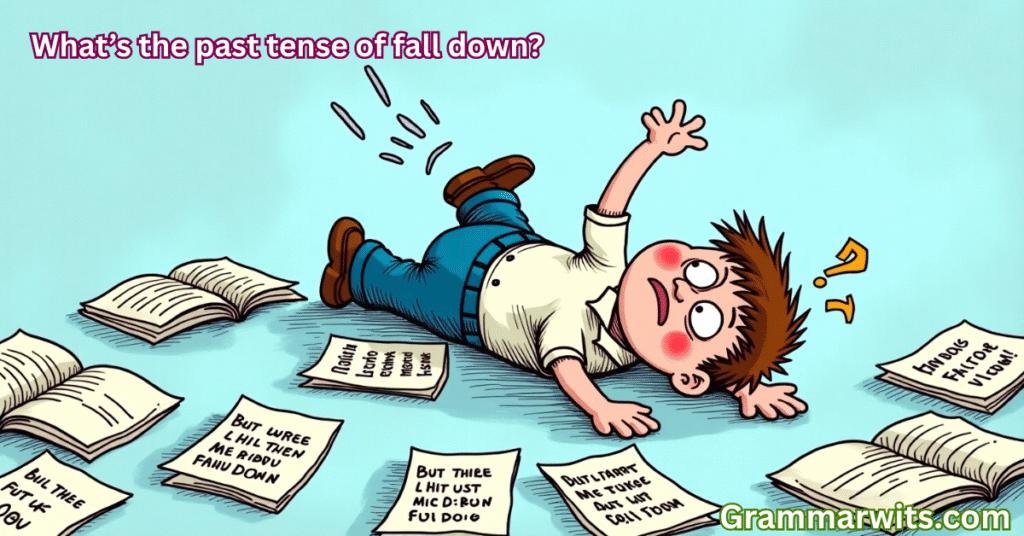
GRAMMAR
What’s the past tense of fall down? Expalined with Examples
The past tense of “fall down“ is “fell down.” This form is used when describing an action that happened in...
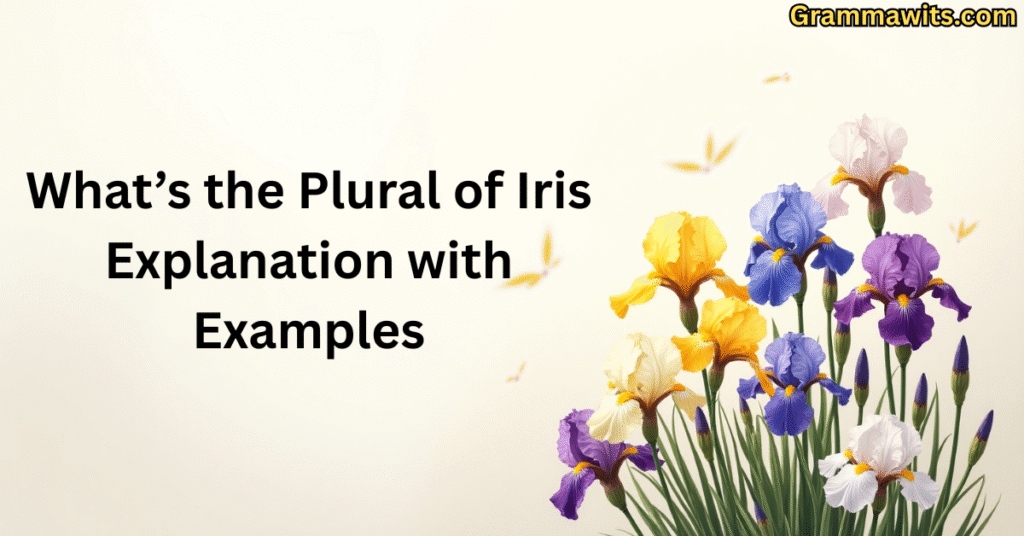
GRAMMAR
What’s the Plural of Iris Explanation with Examples
The plural of “iris” can be written in two accepted forms: “irises” and “irides.” Both are correct depending on the...
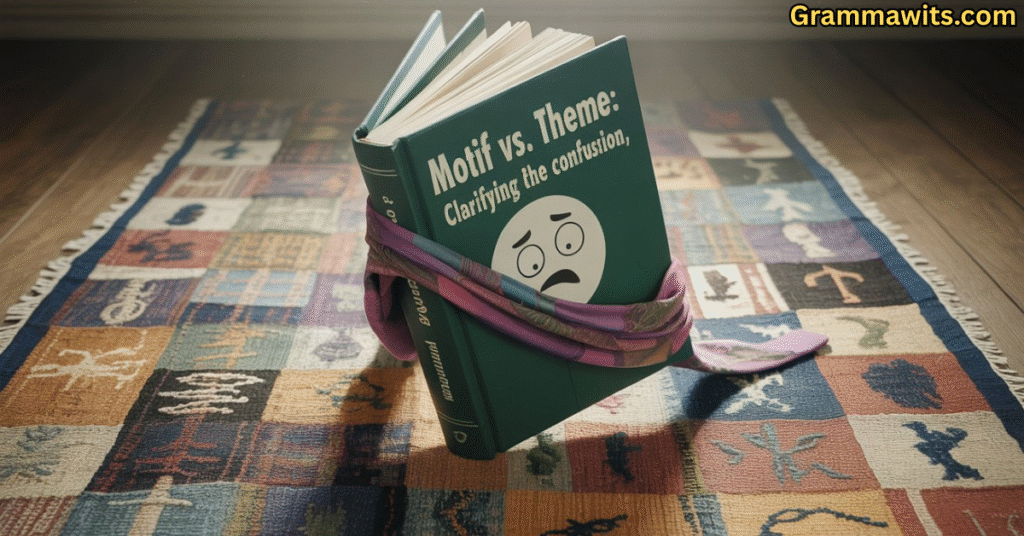
GRAMMAR
Motif vs Theme: Clarifying the Confusion
Picture this: A promising writer submits their $50,000 manuscript to a top publisher. The rejection letter arrives with devastating feedback:...
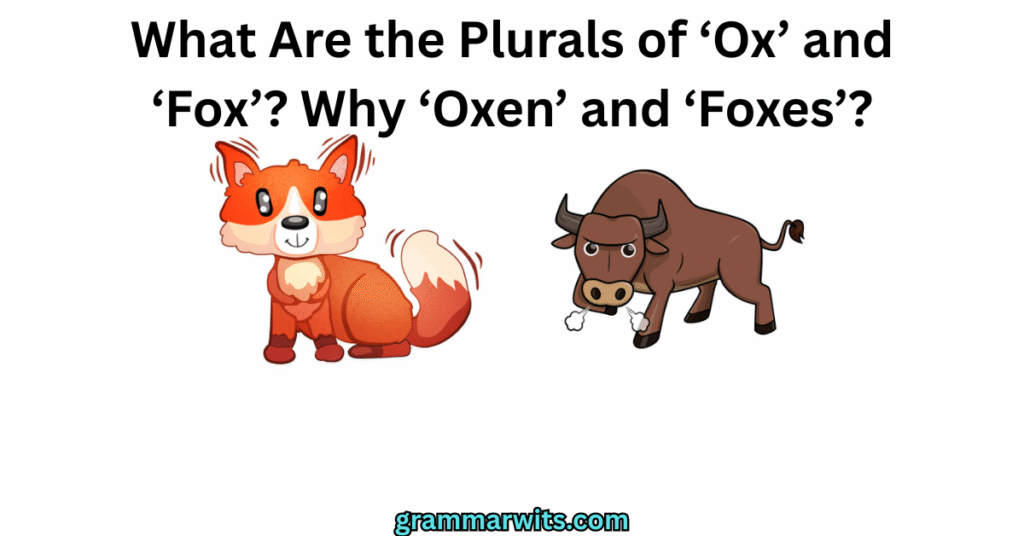
GRAMMAR
What Are the Plurals of ‘Ox’ and ‘Fox’? Why ‘Oxen’ and ‘Foxes’?
The phrase “What are the plurals of ‘ox’ and ‘fox’?” refers to how the English language handles turning these singular...

GRAMMAR
Hustle or Hussle: Which Spelling is Correct?
“Hustle or Hussle Which is Correct” refers to the common confusion between two similar-sounding words—one being a valid term in...
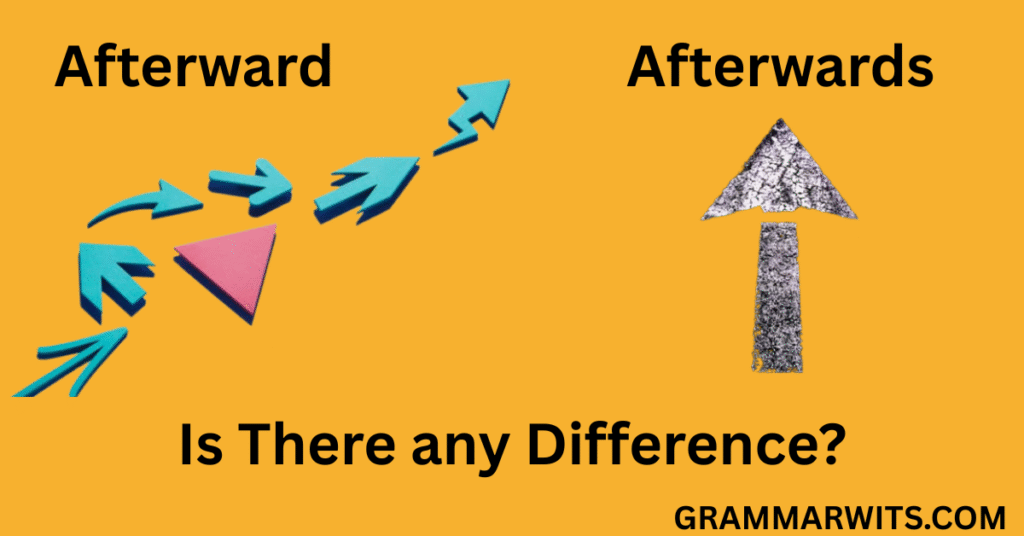
GRAMMAR
Afterward vs Afterwards: Is There any Difference?
“Afterward” and “afterwards” are two adverbs that share the same meaning: they both refer to something happening later in time...




